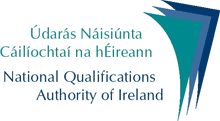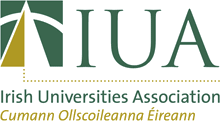The National Framework of Qualifications (NFQ) was launched in October 2003. It is designed to accommodate Irish school, further and higher education and training awards across its ten levels, and to provide a central point of reference, nationally and internationally, for the comparison, contrast and recognition of qualifications. Its ultimate purpose is to place the learner at the centre of education and training.
The implementation of the NFQ provides a series of challenges for, among others, programme designers, lecturers, education providers, and awarding bodies. The university sector Framework Implementation Network (FIN) was established so that practitioners in the universities and their linked colleges could discuss and propose some approaches to these challenges, and communicate these to their colleagues across higher education for consideration. The following report represents the initial outcomes from this collaborative exercise, focused around the issue of designing programmes for nclusion in the NFQ, and the design and assessment of learning outcomes linked to these awards.
The Irish Universities Association (IUA) and the National Qualifications Authority of Ireland (NQAI) would like to take this opportunity to thank the members of FIN, nominated by the universities and their linked colleges, for their contribution to this project and their commitment to the purpose and activities of FIN. It is hoped that they, and their colleagues, will continue to meet through this forum and collectively to address matters arising from the ongoing full implementation of the NFQ.
On behalf of the network, we would also like to acknowledge the support of Professor John Scattergood, who has chaired and guided FIN since its establishment in December 2007. In this capacity, Professor Scattergood has lent the network not only the weight of his formidable academic career, but also that of his balanced, critical and informed voice. For this, we thank him most sincerely.
Details on the membership of FIN, further information on the network’s activities, and a dynamic version of this publication, are all available at www.nfqnetwork.ie.

